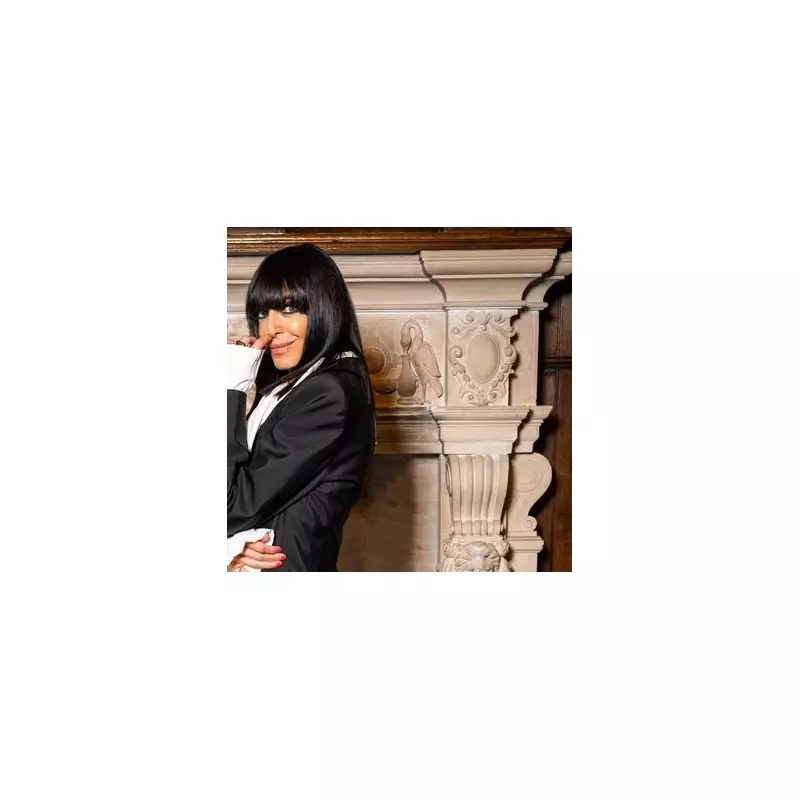
The BBC has been compelled to respond publicly after a wave of viewer complaints flooded in regarding accessibility failures during a recent episode of Celebrity MasterChef. The controversy emerged during an episode featuring comedian Chris McCausland, who is blind, with viewers expressing outrage over what they perceived as significant oversights in making the programme fully accessible.
What Sparked the Viewer Backlash?
During the episode broadcast on BBC One, McCausland competed alongside fellow celebrities including Wynne Evans, JB Gill, and Anna Richardson. The core issue that triggered complaints centred around what many viewers described as inadequate audio description and insufficient consideration for McCausland's needs throughout the cooking challenges.
Numerous viewers took to social media platforms to voice their concerns, with many highlighting specific moments where they felt the production failed to properly accommodate McCausland's blindness. The growing public outcry eventually prompted the national broadcaster to issue an official statement addressing the accessibility concerns.
The BBC's Official Response
In their statement, the BBC acknowledged the complaints while defending their overall approach to accessibility. A spokesperson explained: "Celebrity MasterChef is a pre-recorded programme and we worked closely with Chris McCausland throughout to ensure his needs were met during filming."
The corporation emphasised their commitment to accessibility, noting: "We are proud of our record on inclusion and accessibility and the programme is available on BBC iPlayer with audio description." However, this response has done little to quell the criticism from viewers who argue that basic accessibility measures should be standard in the initial broadcast.
Broader Implications for Television Broadcasting
This incident has sparked a wider conversation about disability representation and accessibility standards in mainstream television programming. Many accessibility advocates have pointed out that while providing audio description on iPlayer is a positive step, it doesn't address the experience of viewers watching the initial broadcast who may have similar accessibility requirements to McCausland.
The controversy comes at a time when broadcasters are facing increasing pressure to improve their accessibility offerings across all platforms. With regulatory body Ofcom monitoring broadcasting standards, the outcome of any formal complaints could have significant implications for how future programmes are produced.
What Happens Next?
While the BBC has stated their case, the conversation continues to evolve on social media and among disability advocacy groups. The incident serves as a stark reminder of the ongoing challenges in creating truly inclusive television content that accommodates all viewers from the moment of broadcast.
As the television industry continues to grapple with these important issues, many will be watching closely to see how broadcasters respond to increasing demands for comprehensive accessibility that doesn't require viewers to seek out additional services or platforms.





